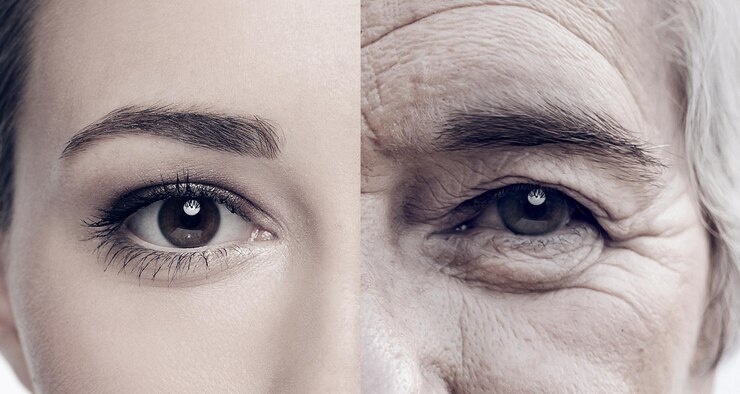Aging in a Changing World

As the world changes, so too does the face of its population. For the first time in history, people aged 60 and older are becoming one of the fastest-growing age groups. In 2019, there were over 1 billion people aged 60 and above. By 2030, that number is expected to rise to 1.4 billion—and by 2050, to 2.1 billion. This demographic shift is unprecedented, and its impact is being felt across the globe, particularly in developing nations where rapid aging presents unique challenges and opportunities.
Aging is not a challenge to be “solved”—it’s a journey to be embraced. Every person, in every country, deserves the chance to live not only a long life, but one that is healthy, purposeful, and supported by the world around them. However, this isn’t always the case. The environments in which people age—our homes, communities, cities, and countries—can either support health and independence or accelerate decline and isolation.
From clean air to safe neighborhoods, from accessible healthcare to inclusive city design, the spaces we inhabit shape how we age. Unfortunately, many environments today still present obstacles—such as pollution, violence, or inadequate infrastructure—that prevent older adults from living with dignity and autonomy.
It’s easy to think of health as something purely biological or personal, but our environments play a far larger role than many realize. Where we live affects:
– Behavior and lifestyle choices: Safe sidewalks encourage walking. Access to parks promotes physical activity. Community centers can combat loneliness.
– Exposure to health risks: Poor air quality, unsafe housing, and limited access to nutritious food increase the risk of chronic diseases.
– Access to services: Older adults need consistent, affordable access to healthcare, social services, transportation, and support systems.
– Opportunities for contribution: With age comes wisdom and experience. But without environments that allow older people to participate meaningfully in society, we risk losing their immense value.
The rapid aging of the global population demands a transformation in how societies function. Health systems, housing, transportation networks, and even public spaces must be reimagined through an age-inclusive lens.
Here’s what that looks like:
– Health and social care systems that focus on prevention, chronic disease management, and in-home support.
– Transportation options that are accessible, affordable, and available to those with mobility issues.
– Housing that is safe, adaptable, and allows people to age in place.
– Urban planning that prioritizes walkability, safety, and inclusivity for all ages.
Working toward age-friendly environments isn’t just a nice idea—it’s an urgent necessity. As we prepare for a future with more older adults than ever before, we must ensure that these extra years of life are lived in good health, with dignity and support.
Designing cities and services with older adults in mind improves quality of life for everyone. Sidewalk ramps help parents with strollers just as much as they help people using walkers. Accessible public transportation works for individuals with temporary injuries, pregnant people, and seniors alike.
Moreover, when older adults are supported, they are more likely to stay active, contribute to their families and communities, and pass on knowledge and cultural values that enrich society.
The aging of the world’s population is not just a challenge—it’s a powerful opportunity. An opportunity to reshape our societies into ones that honor longevity, encourage intergenerational connection, and promote wellness for all. But to seize this opportunity, we must act now to create environments that support healthy aging.
At its core, healthy aging is a human right. Let’s build a world where everyone—regardless of age—has the opportunity not just to live longer, but to live well.
Diana Nelsen, RN BSN
Are you looking to secure either of these services? Schedule a free consultation with our expert nurses today!

